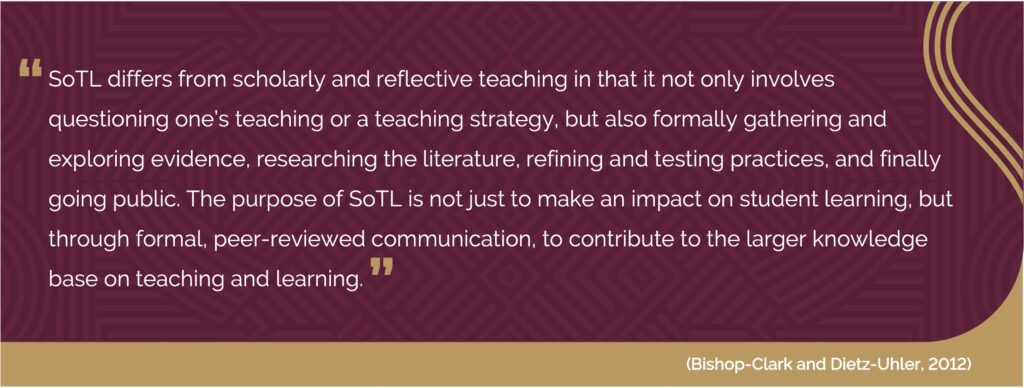How can you, as a teacher, make the normal seem strange for you? This was Prof. Boughey’s question to the audience during a book award speech for Understanding Higher Education: Alternative Perspectives. My positionality as one of the “decontextualized” graduates the authors talk about in their book shows up in stark relief in my role as lecturer and agent of my students’ learning in my own classroom. Prof. Boughey and McKenna emphasize agency and structure as attributes as readily applicable to students as they are to deans, DVCs, lecturers and others in power in the knowledge economy. Being on the same side of history as the students they refer to in the book, I have a different assignment: how can you as a teacher, make the strange seem normal for your students? I will share examples from my classroom that help me address this question in creative ways that re-direct and disrupt dominant discourses about students at the margins of the university community. In the language of the speaker, I will demonstrate how these simple examples help to “recontextualize” those of us whose contexts are marginal to the universities we find ourselves in. Inviting students to bring their contexts to class and creating opportunities in the classroom, curriculum and assessment for each students to centre their own context invites deeper relational experiences, and ultimately deepens learning. Examples are drawn from a course in the Conservation Ecology Teaching Programme titled Conservation in Social-Ecological Systems. The course is offered in the Department of Conservation Ecology and Entomology, in the Faculty of Agrisciences.
